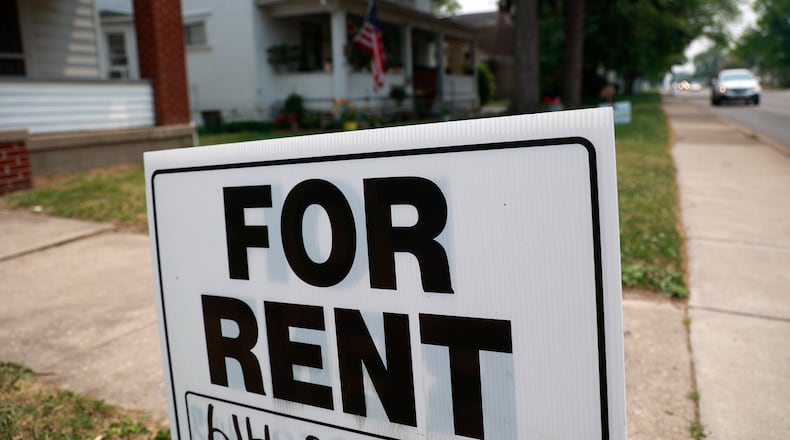The program is the result of extensive meetings involving city staff, commissioners, investment property owners and others, according to Community Development Director Shannon Meadows.
Those conversations took place over the course of more than a year and shaped the final legislation approved in February, with Meadows noting property investors had input and city staff compromised through the process.
“Those were long, hard, exhausting conversations that at times were not pleasant,” Meadows said.
In the end, she said the registry has some similarities to other communities, “but I do think it is uniquely Springfield.”
According to the city letter, the program is designed to:
— enhance public health, safety and welfare;
— eliminate blight conditions;
— identify owners of properties, and
— strengthen property values by raising the standards of the city’s rental properties, which represent 50% of the community’s households.
Under the program, landlords are required to fill out a registration application and self-inspection form for each of their properties. Fees are $35 for a single property, $25 each for two or more properties, or a $750 maximum fee per owner.
Community Development Manager Jeremy Leist said the self-inspection includes basic property maintenance information about the roof, doors, windows, floors, electrical and such.
“We’re basically asking the landlords to attest the property is up to code” and meets a minimum standard of living, Leist said. He added: “We want the landlord to visit the properties themselves.”
Once landlords apply and pay, the city will perform an exterior inspection of the property from the public right of way, the letter said. After a satisfactory inspection, a rental license will be issued that is valid for three years.
Leist said the department received several phone calls on June 1 from property owners and property maintenance people asking how to register.
Meadows emphasized the city will spend “at least the first year working with property investors,” in part because it is a new program for the community and in part because of the philosophy of “compassionate code enforcement.”
She said civil fines don’t change the environment, but working with property owners can create change.
That is why the city will give code violators an informal letter and 90 days to fix a problem before a formal citation and fines would follow if repairs are not made.
The Community Development Department has taken steps to improve its customer service, Meadows explained.
“We will work with property owners, we will work with property maintenance and we will work with tenants,” she said. “What we need is people to work with us now.”
The city has had trouble in the past finding who actually owns some properties.
Leist said the first batch of landlord letters went to about 200 or so owners, and more will go out in the weeks and months ahead for the roughly 7,000 properties on a current city list for rentals.
Said Meadows: “Sometimes, you have to chase the actual human for quite some time, and when there is someone living in unsafe conditions, that can be a really bad situation.”
Contact the Community Development Department at 937-324-7380.
To register, go to https://springfield2.portal.iworg.net/portalhome/springfield2
About the Author

